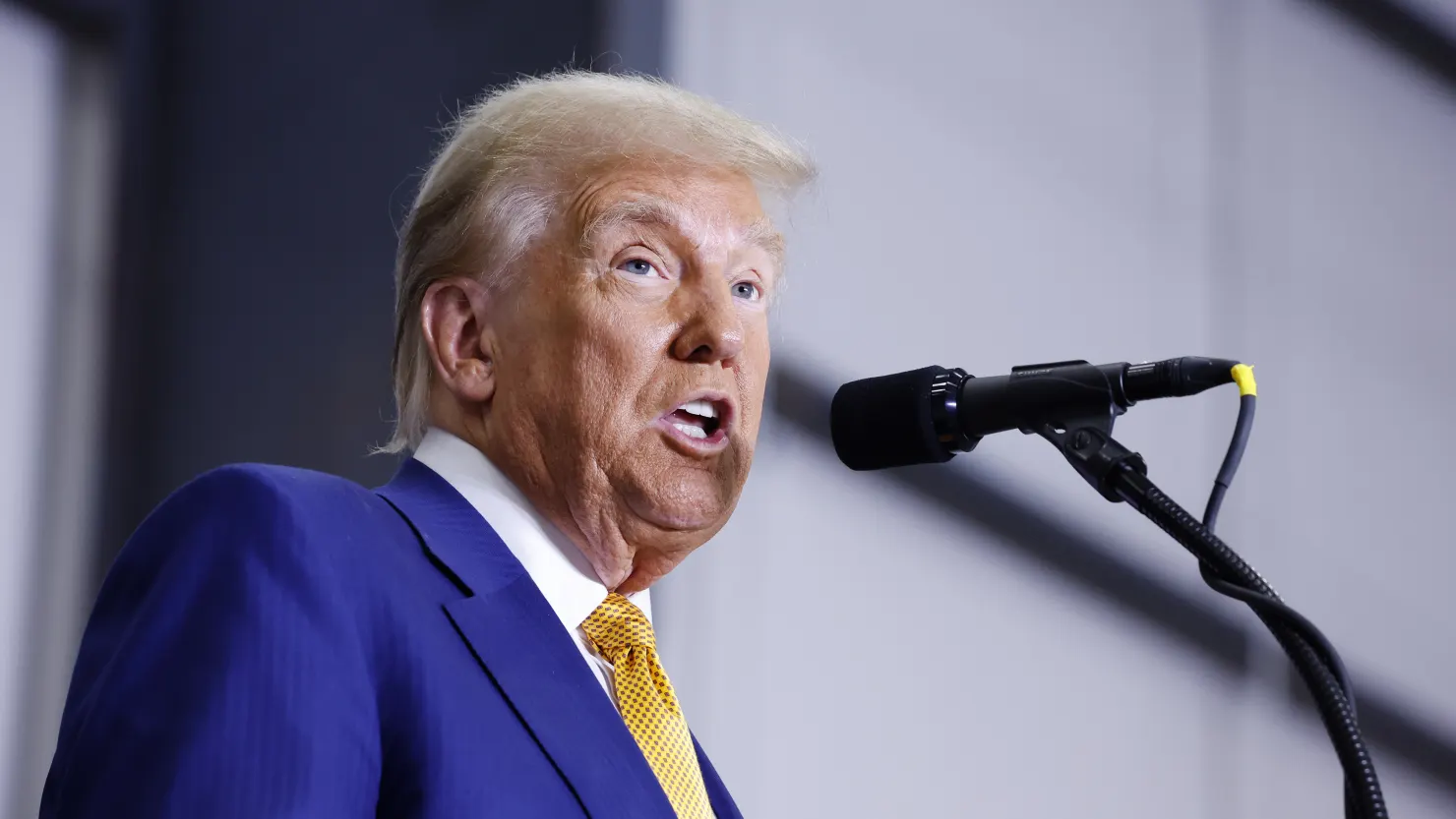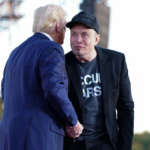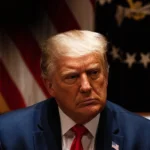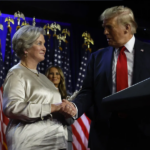In a Friday interview with Joe Rogan, former President Donald Trump reiterated his proposal to eliminate income taxes, replacing them with a tariff system aimed at foreign imports. Rogan, one of the most popular podcast hosts worldwide, questioned Trump’s seriousness about the concept, to which Trump affirmed, “Yeah, sure, but why not?” The former president argued that high tariffs could prevent foreign competitors from “taking our jobs, factories, and families” without paying a “big price.”
Central to Trump’s economic vision is a sweeping tax overhaul, which includes ending income taxes on Social Security benefits, tipped income, and overtime, while reviving his 2017 tax cuts set to expire in 2025. Trump has also suggested possible income tax exemptions for essential workers, including firefighters, police officers, and veterans. Eliminating these taxes, however, would come at a substantial cost—estimated at $2 trillion over the next decade, according to the Tax Foundation.
Trump’s aggressive tariff policy, including a proposed 20% rate on all imports and higher rates for Chinese goods, is designed to offset this revenue loss. Yet, experts warn that tariffs alone would fall far short of compensating for the revenue shortfall. Garrett Watson, a senior policy analyst with the Tax Foundation, highlighted that tariffs could only generate an estimated $3.8 trillion over 10 years, compared to $33 trillion expected from income taxes in the same period. As a result, Trump’s plan would expand the deficit by approximately $3 trillion over a decade.
Economic analysts also caution that tariffs are effectively a form of sales tax, potentially burdening low-income Americans the most as import costs rise, leading to higher prices for consumer goods. Vice President Kamala Harris criticized Trump’s approach as a “sales tax on the American people,” while her campaign described it as a “Trump Tax” that would weigh on middle-class families.
In response, Trump disputed this perspective, claiming on Truth Social that tariffs are paid by foreign countries, not U.S. consumers—a misconception, as tariffs are typically paid by American importers.





